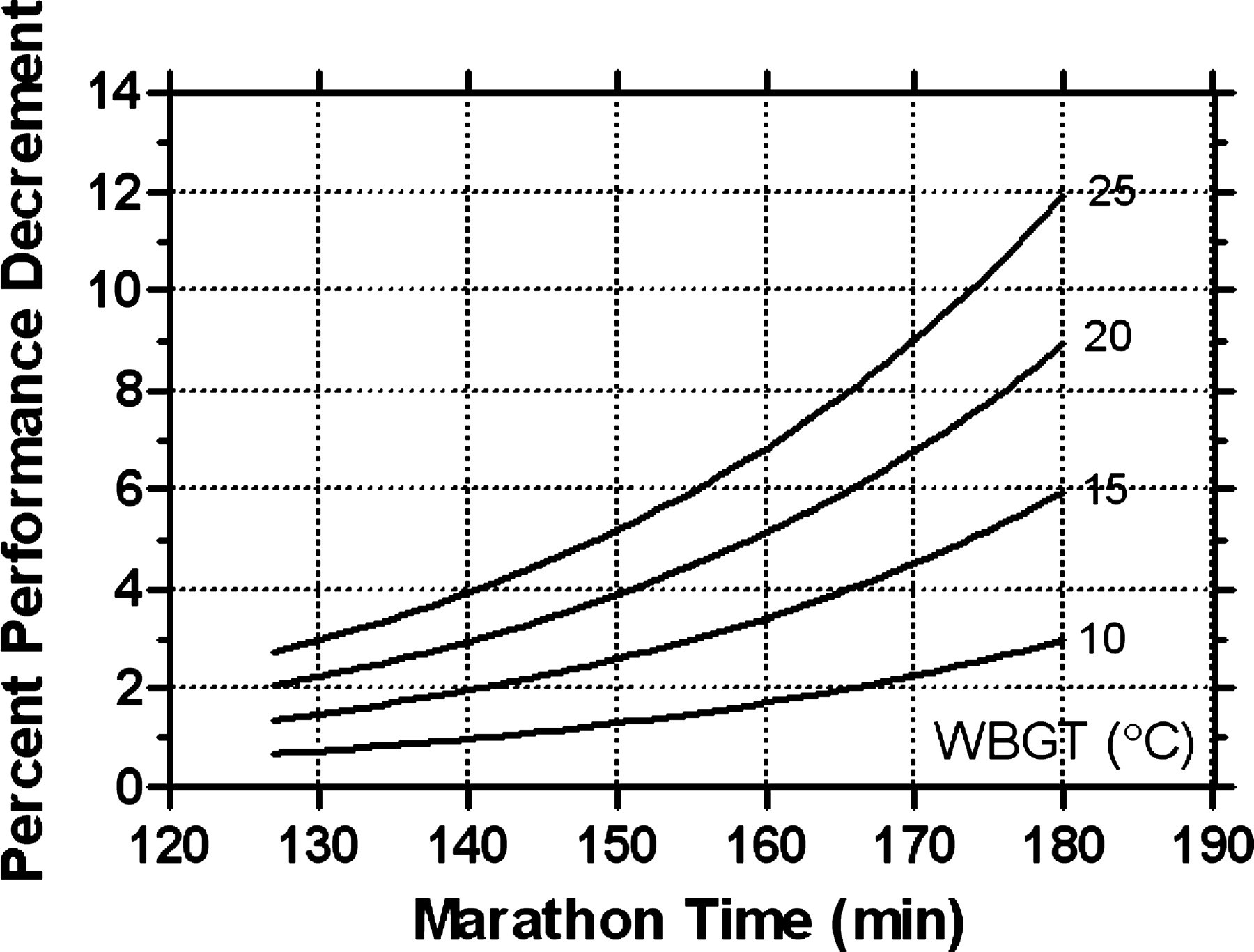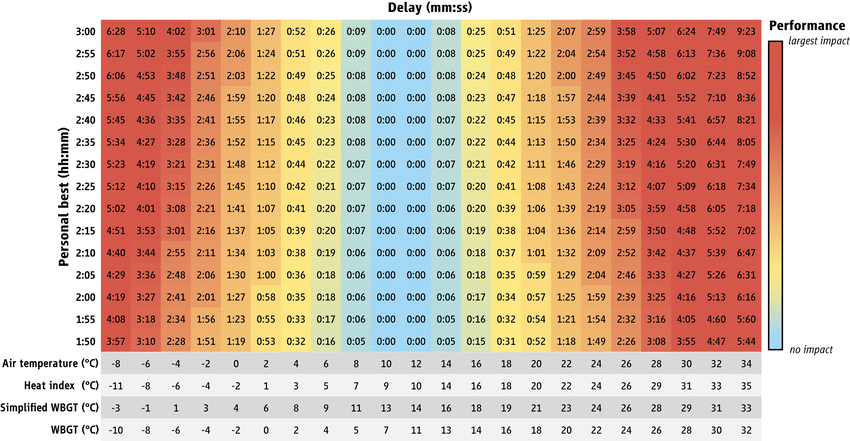Summer heat can put a significant strain on our bodies. This is because high temperatures make it harder to achieve training goals and pace targets, as we have to exert more physical effort. In this article, we’ll take a closer look at the effects of summer heat on running performance.
Why do we experience a drop in athletic performance?
Heat can have a negative impact on sports performance in a number of ways. We would like to examine these in more detail.
EFFECT ON BLOOD FLOW:
Under hot conditions, our body’s blood flow is distributed differently to support energy metabolism and allow for heat dissipation. This leads to a significant reduction in blood flow to the tissues. As a result, the heart rate increases as the heart has to work harder to supply blood to the skin and dissipate heat. The reduced blood supply has a negative impact on our running performance.
These changes can lead to an increased sense of exertion, as the body has to put in extra effort to transport enough oxygen to the muscles. At the same time, lactic acid can accumulate more quickly, causing muscle fatigue. Decreased oxygen delivery and premature fatigue significantly impair endurance and make it more difficult to achieve training goals and performance levels.
It is estimated that heart rate is about 10-20 beats per minute higher in heat than in cooler temperatures.
INCREASED SWEATING
Heat stimulates our bodies to sweat more in order to cool down. This vital process is called “thermoregulation” and helps keep our body temperature constant. However, activating this mechanism is more difficult during the summer months due to the rise in core body temperature.
Increased sweating leads to a rapid loss of fluids and minerals that are essential for optimal body function. If these are not adequately replaced, it can impair muscle function and affect our body’s ability to effectively dissipate heat.
In intense heat, sweat production can increase 2-3 times compared to cooler conditions. In extreme situations, it is possible to lose up to 3 liters of sweat per hour during exercise.
DEHYDRIATION
Sweating causes us to lose valuable fluids, which can lead to risks such as vomiting, muscle cramps, dizziness and collapse. It is important to adequately restore lost fluids and micronutrients to avoid such problems.
During intense physical activity in high temperatures, body weight can decrease by 2% to 6% due to sweating. As a general rule, a decrease in aerobic performance may be perceived when the decrease in body mass exceeds 2%.
LOWER COOLING CAPACITY
When the outside temperature approaches our body temperature (36.5 °C), the body’s cooling regulation is no longer as efficient as it is under cooler conditions. As a result, body temperature rises, affecting performance.
Create a customized and dynamic running training plan with running.COACH that will optimally prepare you for your running goals based on your current fitness level.
Click here to try running.COACH for free
How much does my performance drop?
First of all, the effects mentioned in the previous paragraph vary depending on several factors such as age, fitness, gender, actual outside temperature, humidity, heat tolerance and adaptation (very subjective).
There is no precise empirical formula for calculating the exact percentage of performance reduction. However, it is estimated that aerobic performance decreases by about 1-3% for every 1°C increase in core body temperature.
And what happens in the context of a marathon? Here are a few interesting statistics :

This graph shows the impact of weather conditions on marathon performance across a range of finisher times. When the WBGT (Wet Bulb Globe Temperature) increases from 10 to 25°C, elite runners* become 2% (2-3 minutes) slower, while 3-hour finishers* become 10% (18 minutes) slower.

This second graph shows the effects of heat stress on marathon performance across a wide range of target times. The numbers indicate the minutes and seconds added to performance based on air temperature, heat index, simplified WBGT, and wet bulb globe temperature (WBGT). The colors illustrate the degree to which heat affects performance.
How can you prevent a drop in performance?
- Listen to your body’s signals and adapt your training to environmental conditions.
- Give your body time to acclimate to the heat (about 10 days), and try to avoid exercising during the hottest times of the day.
- Wear light clothing
- Moisturize your clothes occasionally
- Make sure you stay hydrated!

